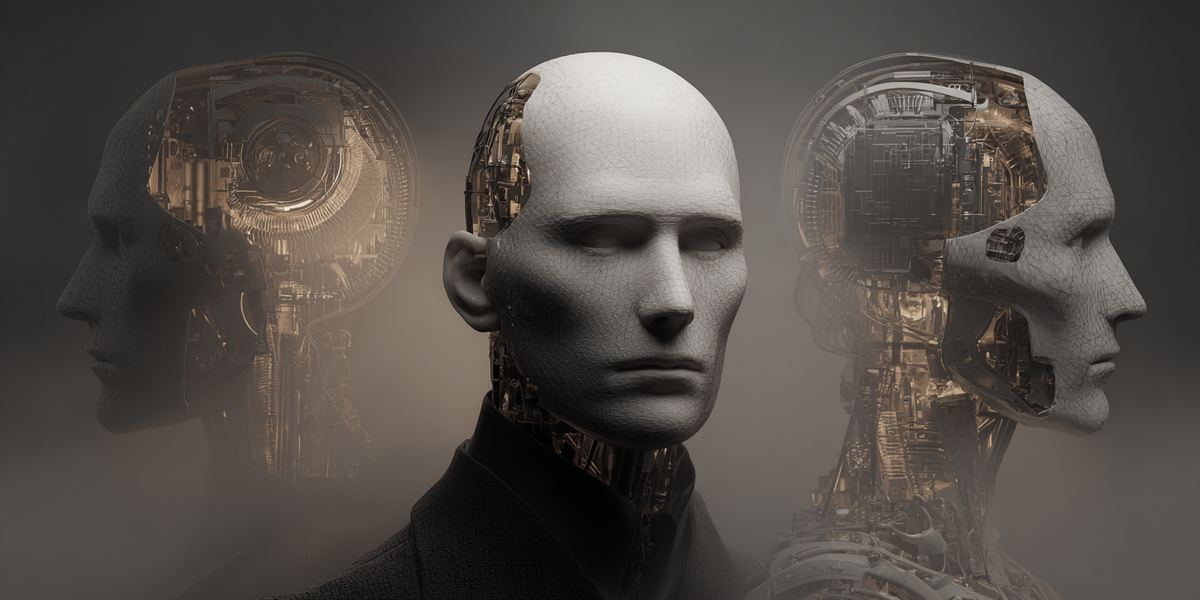When one speaks to the machine, the echo comes not as mere repetition but with a strange uncanniness, as if something of one’s own reflection had acquired an unexpected depth.
Subscribe to continue →The Ghost in the Machine and the Weight of Stewardship

